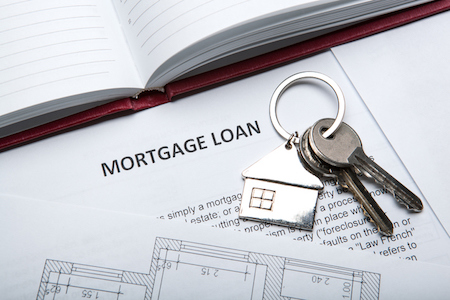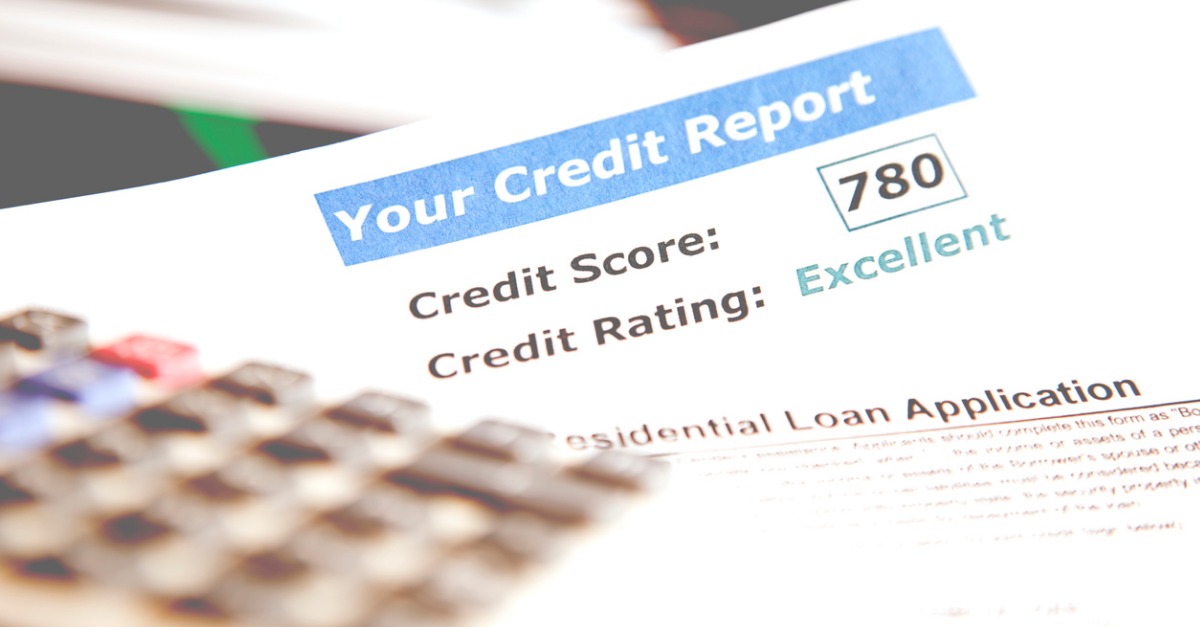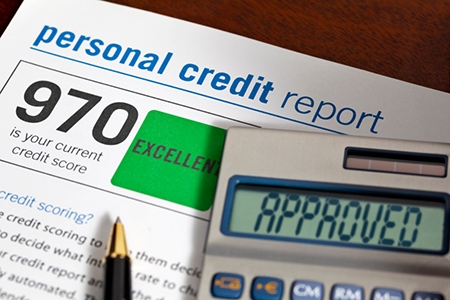
Local
governments and school districts raise a large portion of the money that pays
for education, emergency services, transportation and other public goods
through property taxes. The amount that individual homeowners pay is determined
by the assessed property value and the mill rate. Each of these is calculated
through a complex process.
How
Property Values Are Assessed
An
assessor will determine the value of your home. That value can change over time
due to depreciation, improvements you make, and the local economy and housing
market. Assessors may use any of three methods to calculate the value of a
home. In some cases, they use a combination of two or more methods.
One
way to determine the value of your home is by looking at the sales of
comparable properties in the area. Those figures are used as a baseline and can
be adjusted to account for the location of your property, the amount of land
and any upgrades you have made.
Another
way to assess the value of your house is to figure out how much it would cost
to replace it if it were destroyed. That calculation will include local
material and construction costs.
A
third method of assessing your property’s value is to calculate how much income
you could generate by renting it. The assessor will consider market value and
will deduct costs to manage and maintain the property, as well as insurance
premiums and taxes.
You
should receive a statement showing the assessed value of your property. If you
disagree, you can submit relevant information and ask the assessor to review
the calculation taking the additional facts into account. If you accept the
assessment, you will receive a separate property tax bill.
How
Tax Bills Are Calculated
A mill
levy is a tax rate used to determine how much property owners must pay. One
mill is equal to one-tenth of one cent. County and local governments and school
districts set their own mill levies based on the amount of money they need to
raise and total property values in the area under their jurisdiction. Property
owners then pay a mill rate that can include a total of county, state or town,
and school district mill levies.
The
mill rate will be multiplied by the assessed value of your property to
determine your property tax liability. You may receive a tax bill once a year
or once every several years, depending on the government’s policy. If you have
any questions about how much you will owe and when, you can visit the
assessor’s office or look up the information on its website.
The
Benefits of Understanding How Property Taxes Work
Property
taxes can vary widely based on where you live, the value of your home, and how
much money the local government and school district need to raise. Knowing how
your home’s value is assessed and how property taxes are calculated can help
you avoid being shocked by the size or timing of the bill.






